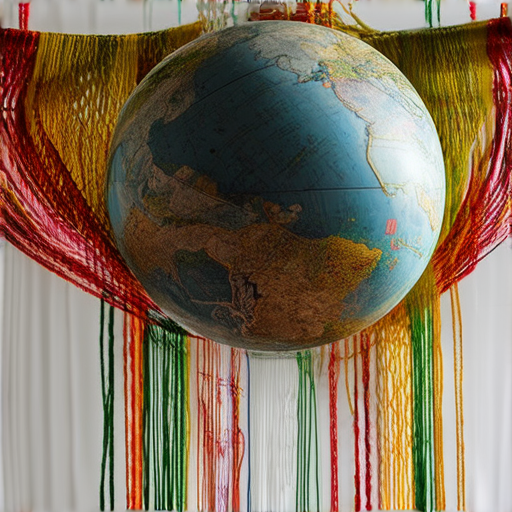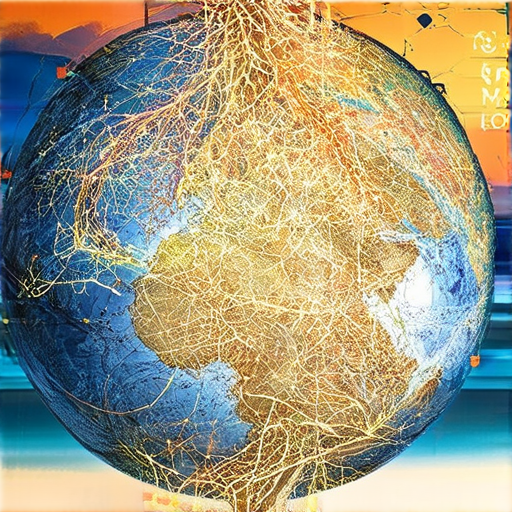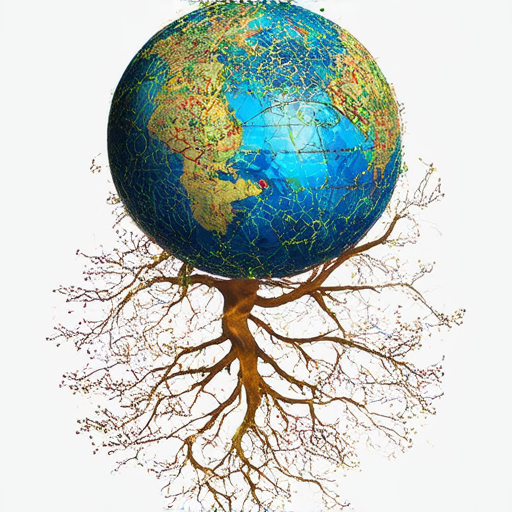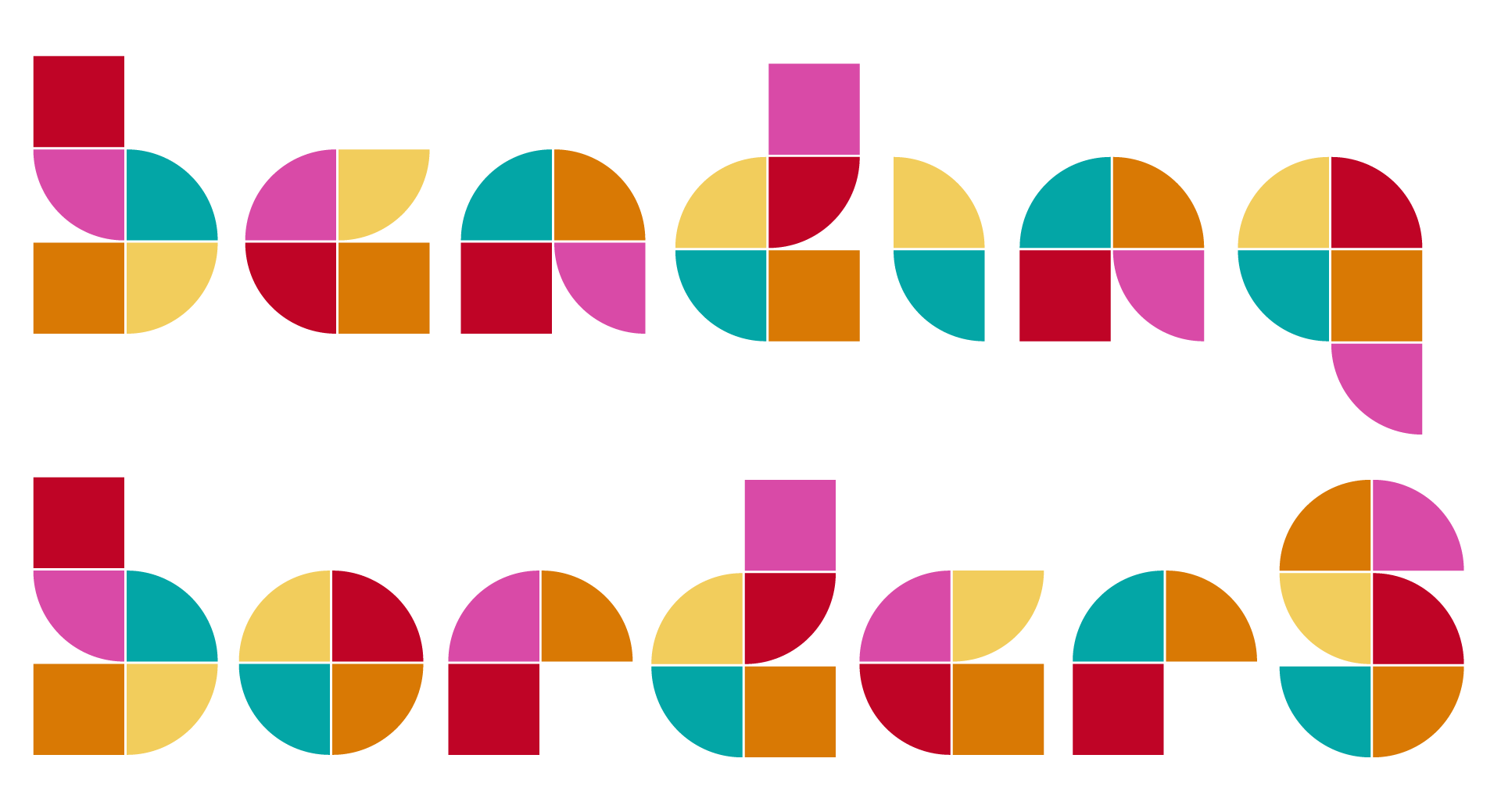In today’s interconnected world, the concept of global citizenship has gained significant importance, transcending traditional notions of nationality and borders. As we navigate through a complex web of cultural, economic, and environmental challenges, embracing the values and principles of global citizenship can empower individuals to make a positive impact on the world. But what exactly does it mean to be a global citizen? How can one embody the qualities of a global citizen, and what are the benefits of adopting this mindset? In this article, we will delve into the meaning and significance of global citizenship, exploring its various aspects, characteristics, and applications.

What Does Global Citizenship Mean?
As a global citizen, I believe that understanding the concept of global citizenship is essential in today’s interconnected world.
- Global citizenship refers to the social, political, environmental, and economic actions of individuals and communities who are aware of and engaged with global issues.
- It involves recognizing our shared humanity and taking responsibility for our impact on the planet and its inhabitants.
Key Components of Global Citizenship:
- Cultural Awareness: Understanding and appreciating diverse cultures, traditions, and values.
- Social Justice: Advocating for human rights, equality, and fairness in all aspects of life.
- Environmental Stewardship: Protecting the planet and its resources for future generations.
- Economic Responsibility: Making informed choices about consumption, production, and trade that promote sustainability and equity.
Practicing Global Citizenship:
- Stay informed about global issues and events through reputable news sources and educational resources.
- Engage in activities that promote cross-cultural understanding and exchange, such as language learning, volunteer work, or international travel.
- Support organizations and initiatives that work towards social justice, environmental protection, and economic development.
- Make conscious choices about consumerism, waste reduction, and sustainable living.
Becoming a Global Citizen:
Embracing global citizenship requires a willingness to learn, grow, and take action. By doing so, we can contribute to a more just, equitable, and sustainable world for all.
At bendingborders.org, we believe that everyone has the potential to become a global citizen. Join us in our mission to foster a culture of empathy, understanding, and cooperation.
Learn more about our programs and initiatives at bendingborders.org .
Discover how you can get involved and make a positive impact on the world around you.
Together, let’s build a brighter future for ourselves and for generations to come.
What is a Good Example of Global Citizenship?
As a global citizen, I strive to live a lifestyle that reflects my commitment to building a sustainable planet and demonstrates respect for the world’s cultural diversity.
- I minimize my carbon footprint by reducing energy consumption, using public transport, and recycling waste.
- I support organizations that work towards protecting the environment and promoting social justice.
- I engage in cultural exchange programs and volunteer work that helps bridge the gap between different communities.
Examples of Global Citizenship in Action:
- Cultural Exchange Programs: Organizations like World Wide Volunteers offer opportunities for individuals to participate in cultural exchange programs, allowing people to learn about different cultures and traditions.
- Sustainable Living: Initiatives like The World Counts promote sustainable living by providing resources and tools for individuals to reduce their carbon footprint.
- Community Development: Projects like Habitat for Humanity work towards building safe and affordable housing for marginalized communities around the world.
Conclusion:
Global citizenship is about taking responsibility for our actions and making conscious choices that benefit the planet and its inhabitants. By embracing cultural diversity, reducing our impact on the environment, and supporting community development initiatives, we can create a better world for everyone.

Types of Global Citizenship
I’ve embarked on a journey of cultural discovery, travel adventures, and global perspectives through my experiences with bendingborders.org.
- The Cultural Ambassador: As a cultural ambassador, I strive to promote cross-cultural understanding and exchange between nations. By sharing my own culture and learning about others, I aim to foster greater empathy and cooperation worldwide.
- The Social Entrepreneur: As a social entrepreneur, I seek to address pressing global issues such as poverty, inequality, and environmental degradation. Through innovative solutions and collaborative efforts, I work towards creating positive change and sustainable development.
- The Environmental Advocate: As an environmental advocate, I am dedicated to protecting the planet and preserving its natural resources for future generations. By promoting eco-friendly practices and supporting conservation efforts, I hope to inspire others to join me in this critical mission.
- The Humanitarian Worker: As a humanitarian worker, I provide aid and support to individuals affected by conflict, disaster, or poverty. By working alongside local communities and organizations, I strive to alleviate suffering and promote resilience in the face of adversity.
These four types of global citizens – the cultural ambassador, social entrepreneur, environmental advocate, and humanitarian worker – embody the spirit of global citizenship and inspire me to make a positive impact on the world.
For more information on how to get involved and become a global citizen, visit bendingborders.org .
Additionally, you may want to explore the work of other organizations, such as UNICEF and American Red Cross , who share similar goals and values.

How to Become a Global Citizen
I’ve always been fascinated by different cultures and ways of life, and I believe that becoming a global citizen is a journey that requires curiosity, empathy, and a willingness to learn.
- Cultivate Cultural Awareness: Start by learning about different cultures, traditions, and customs. Read books, watch documentaries, and engage with people from diverse backgrounds to broaden your understanding of the world.
- Travel and Explore: Travel is one of the best ways to experience different cultures firsthand. Whether it’s a short trip to a nearby city or a longer journey to a foreign country, traveling can help you develop a deeper appreciation for the diversity of human experiences.
- Develop Language Skills: Learning a new language can open doors to new cultures and communities. Consider taking language classes or using online resources to improve your skills.
- Volunteer and Get Involved: Volunteering with organizations that work with international communities can help you gain valuable experience and build connections with people from around the world.
- Stay Informed and Engaged: Stay up-to-date with global news and issues, and participate in discussions and debates to deepen your understanding of the world.
As a global citizen, I strive to be mindful of my own biases and assumptions, and to approach others with empathy and respect. By embracing our differences and working together towards common goals, we can create a more just and equitable world for all.
Key Takeaways:
- Cultivating cultural awareness through education and exploration
- Developing language skills to communicate effectively with people from diverse backgrounds
- Volunteering and getting involved with international communities
- Staying informed and engaged with global news and issues
Resources:
- Cultural Orientation Center
- Language Exchange
- Volunteer Abroad
- BBC News
Can I Call Myself a Global Citizen?
I believe I am a global citizen because I have traveled extensively and experienced different cultures firsthand.
- I have visited over 20 countries and lived in three continents, which has broadened my perspective and helped me understand the complexities of the world.
- I have made friends from diverse backgrounds and learned about their customs, traditions, and ways of life.
- I have volunteered for various causes and organizations that promote global understanding and cooperation.
The Definition of a Global Citizen
A global citizen is someone who identifies with the world community and recognizes their responsibility to contribute to its well-being.
- They possess a deep understanding of global issues and challenges.
- They are committed to making a positive impact through their actions and decisions.
- They respect and appreciate diversity and work towards promoting inclusivity and equality.
Becoming a Global Citizen
Joining the movement and becoming a global citizen is easier than you think:
- Download the Global Citizen app or visit our website to learn more about the issues and get involved.
- Sign up as a global citizen and start taking action to defeat poverty, demand equity, and defend the planet.
- Embark on a journey of cultural discovery, travel adventures, and global perspectives by exploring our stories that transcend borders and connect us all.
Competitors and Alternatives
Other organizations and initiatives share similar goals and values, including:
- World Vision
- UNICEF
- American Red Cross
Conclusion
As a global citizen, I recognize my role in shaping a better world and contributing to the greater good.
I encourage others to join me on this journey and together, let’s make a difference.

Why is it Hard to be a Global Citizen?
In today’s interconnected world, being a global citizen can seem like a daunting task. As someone who values cultural diversity and understanding, I’ve come to realize that there are several reasons why embracing global citizenship can be challenging.
- Cultural Homogenization : One of the primary concerns is the fear of cultural homogenization, where local cultures are replaced by a more uniform, globalized culture. This can lead to the loss of unique traditions, customs, and identities.
- Lack of Empathy and Understanding : Another significant obstacle is the lack of empathy and understanding towards people from diverse backgrounds. This can stem from misinformation, stereotypes, or simply not knowing how to engage with others who have different experiences and perspectives.
- Economic Inequality : Economic disparities between countries and communities can create barriers to global citizenship. Limited access to education, healthcare, and economic opportunities can hinder individuals’ ability to participate fully in global conversations and contribute to the betterment of society.
- : Language differences can also pose a significant challenge to global citizenship. Not speaking the dominant language of a country or region can limit one’s ability to communicate effectively and engage with others.
- Digital Divide : The digital divide refers to the gap between those who have access to technology and the internet and those who do not. This can exacerbate existing inequalities and make it difficult for people to participate in online discussions and connect with others globally.
However, despite these challenges, being a global citizen is not impossible. By acknowledging and addressing these obstacles, we can work towards creating a more inclusive and equitable world.
Breaking Down Barriers
To overcome these challenges, we need to:
- Emphasize Cultural Exchange : Encourage cross-cultural exchange programs, language classes, and cultural events to promote understanding and appreciation of diverse cultures.
- Foster Empathy and Compassion : Engage in open-minded dialogue, listen actively, and seek to understand different perspectives to build bridges between communities.
- Promote Economic Development : Support initiatives that address economic inequality, such as education and job training programs, to empower individuals and communities to participate fully in global conversations.
- Develop Language Skills : Learn languages and encourage language learning to facilitate communication and connection with people from diverse backgrounds.
- Narrow the Digital Divide : Advocate for affordable internet access, digital literacy programs, and technology infrastructure development to bridge the gap between those who have access to technology and those who do not.
By working together to address these challenges, we can create a more inclusive and equitable world where everyone has the opportunity to thrive as a global citizen.
Join the Movement
Becoming a global citizen requires effort, dedication, and a willingness to learn and grow. Join me in embracing this journey and working towards a more connected, compassionate, and just world.

0 Comments